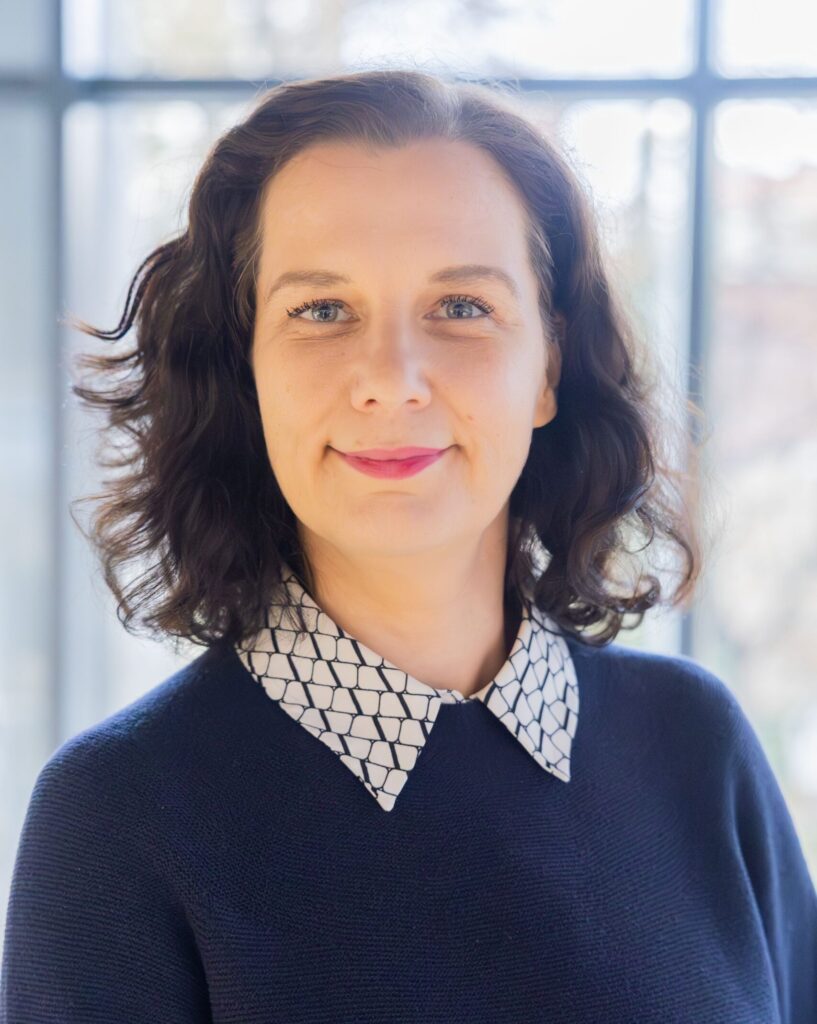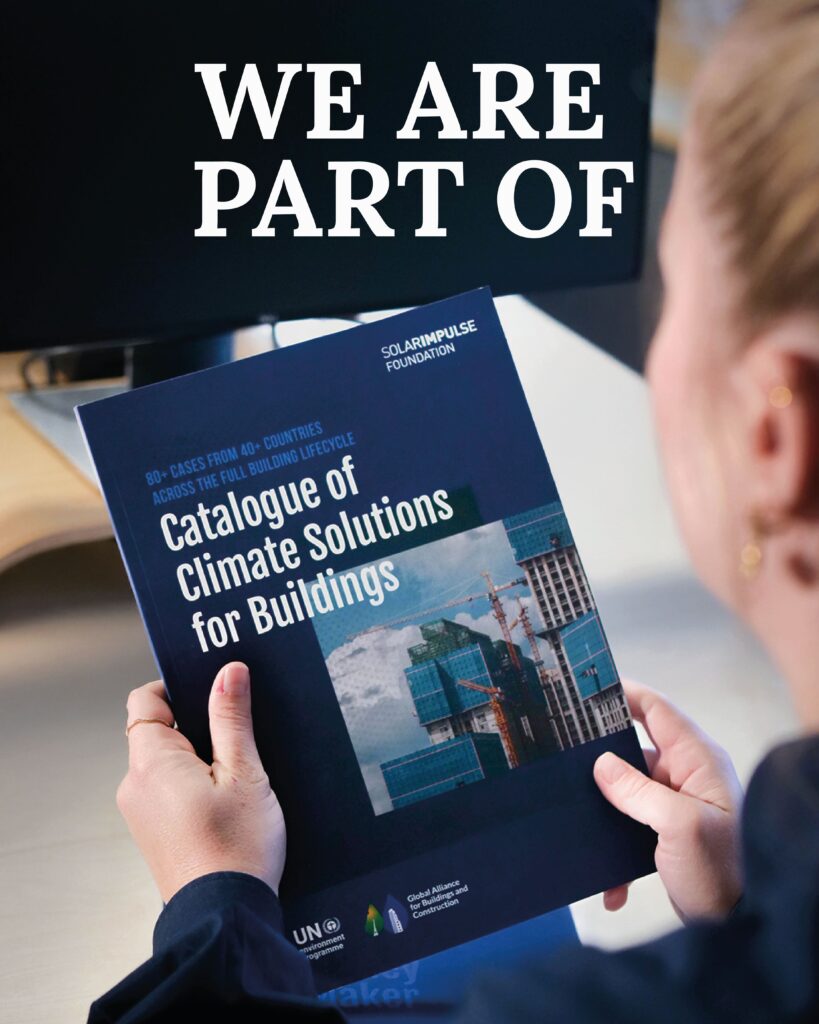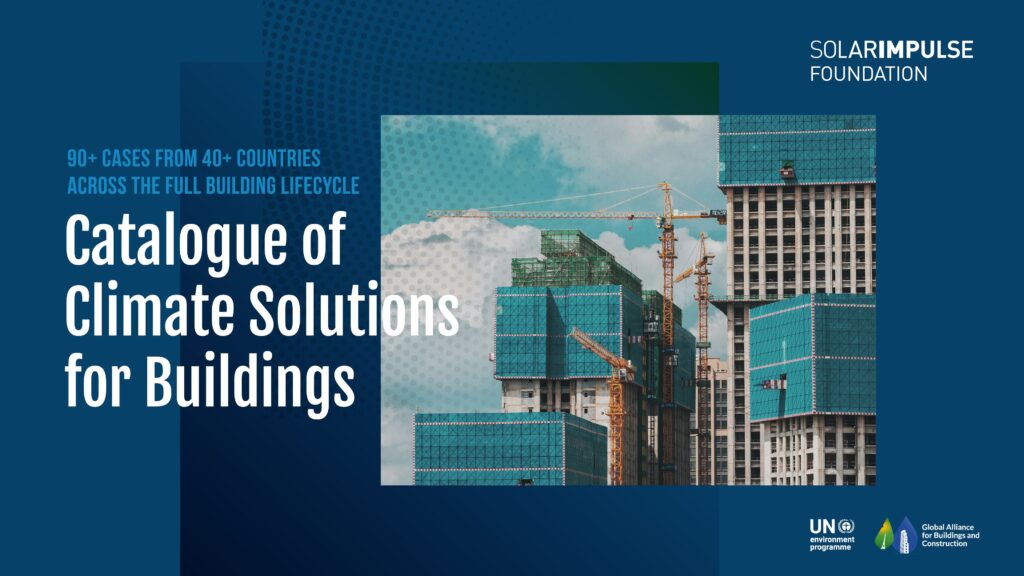Anna-Vera Deinhammer, our Endowed Chair for Sustainable Real Estate Development in the Real Estate Management Study Program, has succeeded in representing Austria in an article in the “Catalogue of Climate Solutions for Buildings” with her research work. This was presented on November 13, 2025, at COP30 by the Solar Impulse Foundation, the United Nations Environment Programme (UNEP), and the Global Alliance for Buildings and Construction (GlobalABC).
As a groundbreaking result of the “Buildings Breakthrough” initiative, in which more than 30 countries and 30 international organizations are involved, the catalog presents over 90 proven solutions from more than 40 countries on six continents and shows how both high-tech and low-tech innovations are already changing the built environment today.
Using AI for Circular Construction in Austria
FH-Prof. Deinhammer’s article “Using AI to Enable Circular Construction in Austria” describes KRAISBAU, a national research and development project (2024–2028) led by the Circular Economy Forum Austria and funded with EUR 4 million from the BMIMI via the FFG. The aim of the project is to use artificial intelligence (AI), satellite images, and 3D scans to analyze buildings, identify reusable materials, and automate recycling assessments to make demolition processes completely circular.
The consortium, consisting of 32 companies and institutions, also includes TPA Austria, represented by endowed professor Anna-Vera Deinhammer. Gerald Kerbl and Bernhard Winkelbauer head the topic area “Framework conditions for enabling the circular economy in the construction sector”.
KRAISBAU’s AI-supported approach makes it possible to systematically recover and classify materials and integrate them into new construction projects, significantly reducing waste and resource consumption. Pilot projects throughout Austria are testing optimizations in material flow and the reintegration of building components, while training programs and information materials promote widespread use in the construction industry.
The largely government-funded project is based on interdisciplinary collaboration and AI innovation but faces challenges in integrating new technologies into existing processes.
>> More information about the Study Program Real Estate Management
>> To the Endowed Chair for Sustainable Real Estate Development


